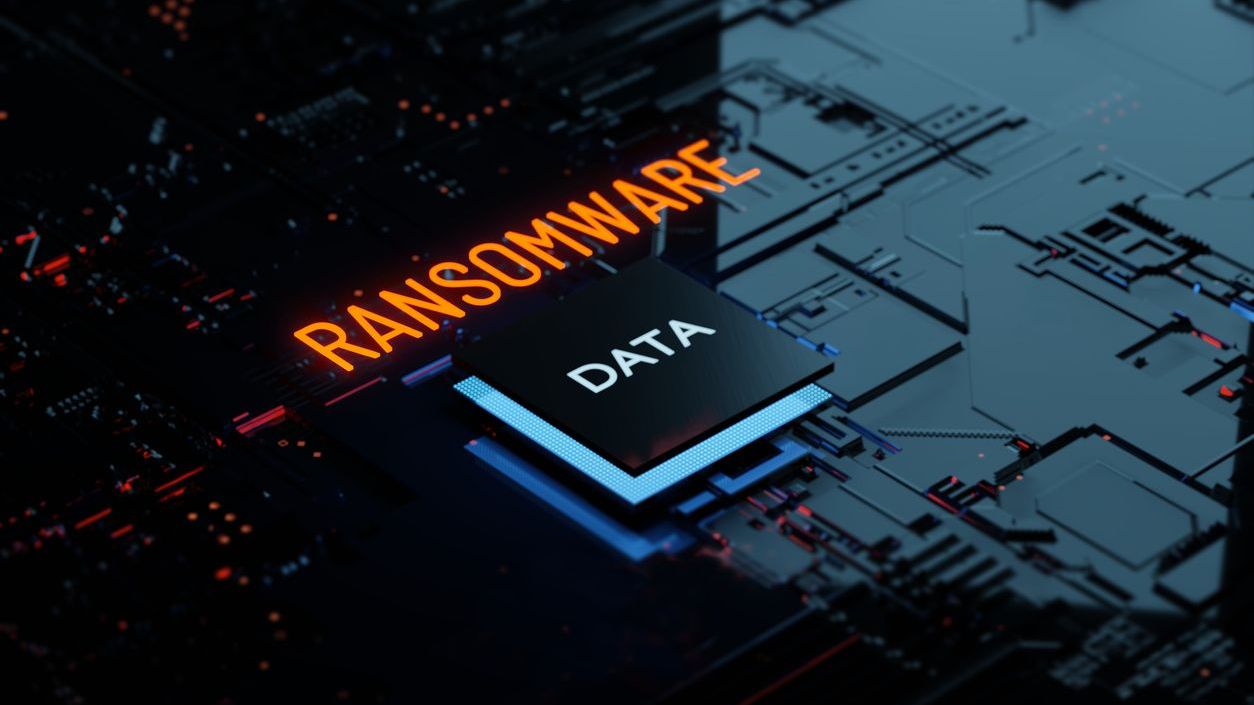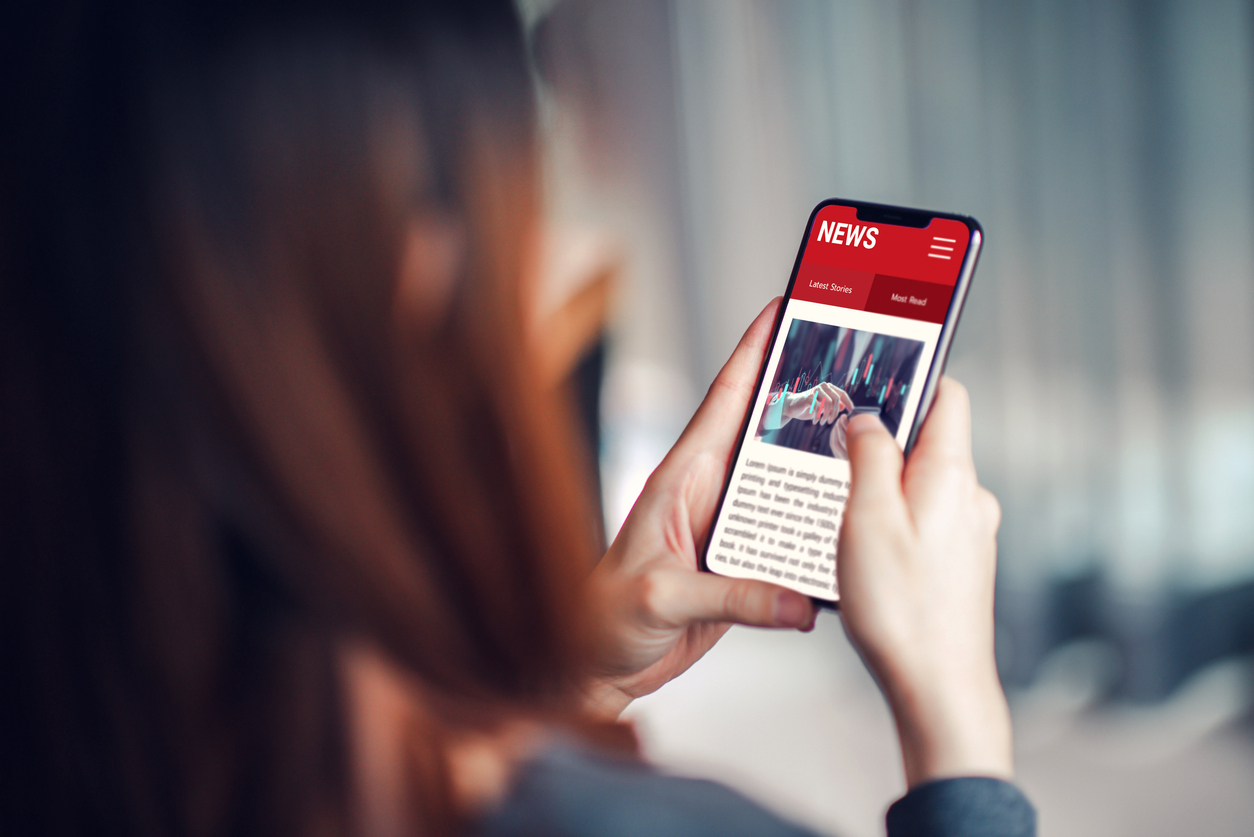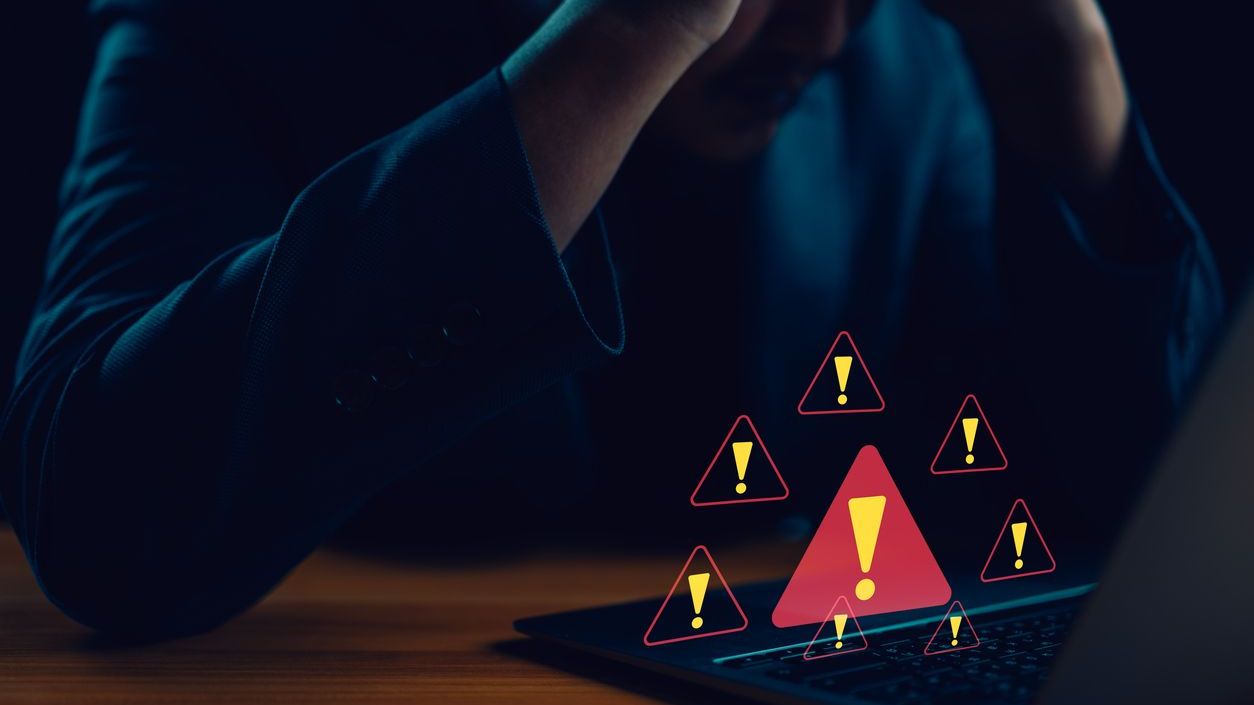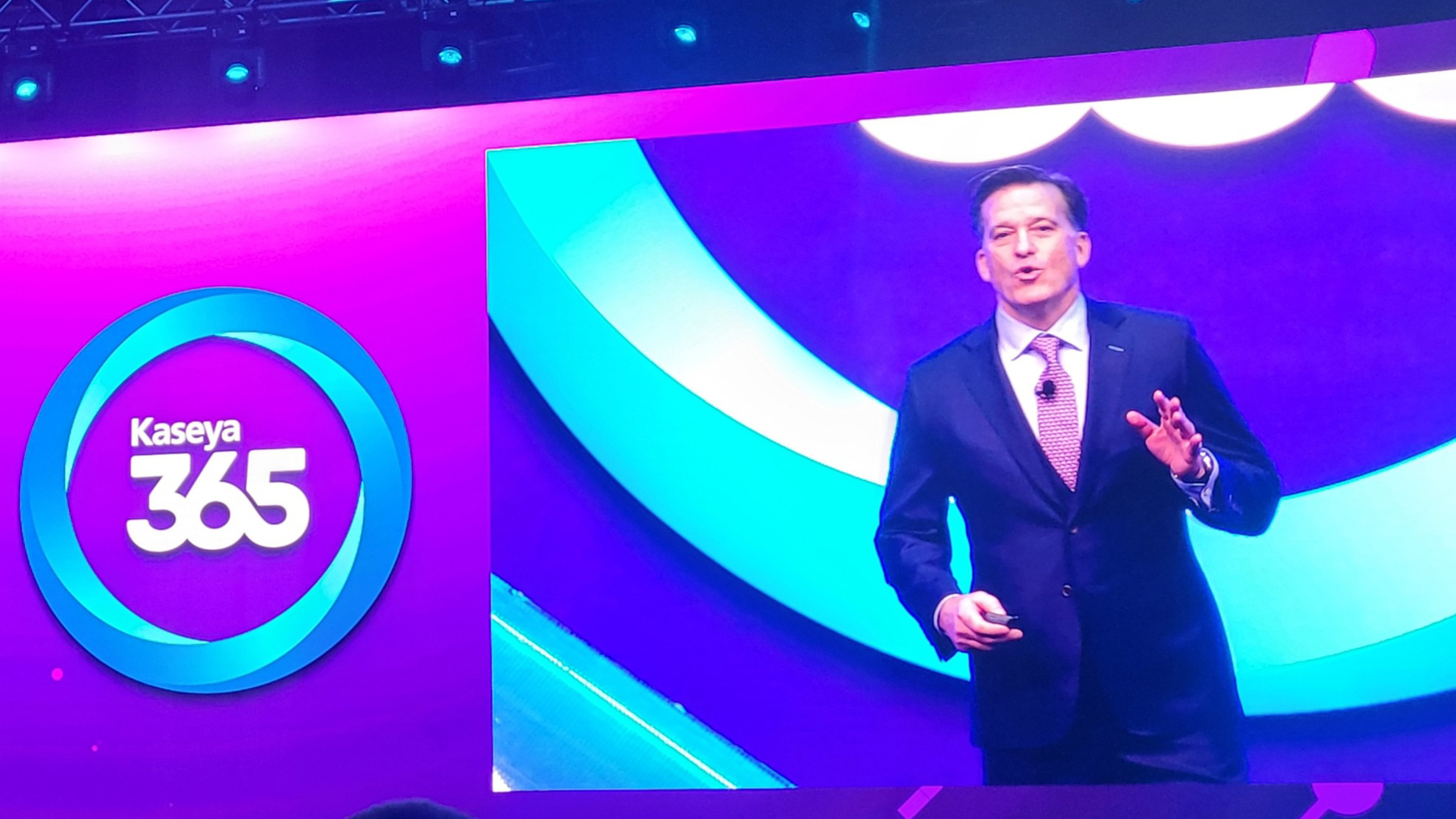More than one-third (34%) of full-time employees at companies in the U.S. admitted to not practicing basic cybersecurity protocols during COVID-19, according to a new survey report from Visual Objects, a visual guide to finding and hiring the best creative firms.
Despite increased risk due to remote work, employees said their companies aren’t requiring secure WiFi networks, phishing training, two-factor authentication, VPNs, or password managers.
Cybersecurity experts such as Darren Deslatte, vulnerability operations leader of Entrust Solutions, believe that companies are hesitant to invest in cybersecurity due to the economic uncertainty caused by the pandemic. However, lax cybersecurity protocols can be financially detrimental, he noted
“A single data breach can easily shutter a business forever, which is why it’s important to maintain your cybersecurity at all times, even in difficult circumstances,” Deslatte said.
Secure WiFi Networks Are the Most Prevalent Cybersecurity Protocol
Currently, 35% of employees are required to use a secure WiFi network for work activities.
This makes secure WiFi requirements more common than all other basic cybersecurity protocols, including VPNs (31%), two-factor authentication (31%), phishing training (32%), and more.
Secure WiFi networks are considered a remote work essential by most experts, who weren’t surprised by its popularity.
However, cybersecurity professionals felt that other risk management practices, such as phishing training should be more common, especially considering increased email communications during remote work.
Phishing scams are the leading cause of worldwide cyberattacks. Founder of information security firm CHICAGO Metrics, Edward Marchewka, thinks companies should refocus on phishing awareness for data security.
“I have worked at several organizations over the years, and every one of them has been a target of a phishing attack,” Marchewka said.
Employees at 66% of Companies Took Work Devices Home During COVID-19
Employees at two-thirds (66%) of companies are contributing to cybersecurity risk management goals by taking home work computers, allowing employees to separate work data from personal files.
Experts believe that employees benefit from keeping work data and personal information on separate devices. Personal computers are more often used on public, unsecured networks that are more vulnerable to threats such as man-in-the-middle attacks.
As long as work devices have secure remote access systems and ransomware in place, employees are more likely to keep sensitive company data protected while remote.
Visual Objects surveyed 500 full-time U.S. employees to gain insights into how companies are managing cybersecurity risks during remote work and COVID-19.
Read the full report: https://visualobjects.com/app-development/cybersecurity-risk-management
For questions about the survey, contact Sydney Wess at sydney@clutch.co.
About Visual Objects
Visual Objects is your visual guide to finding and hiring the best B2B service provider. A sister website of Clutch, the leading B2B services review platform, Visual Objects features portfolio items and client reviews of top creative, design, development, and marketing companies from around the world.
Contact
Sydney Wess
257666@email4pr.com
(202) 350-4344
SOURCE Visual Objects













